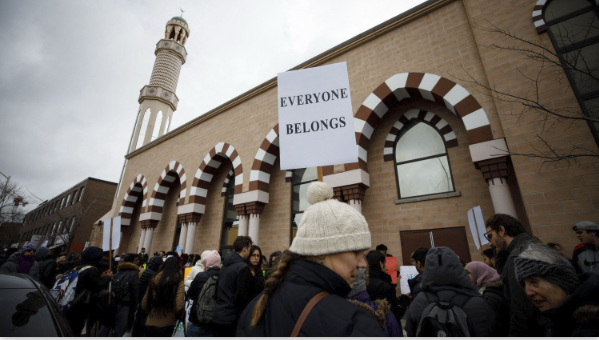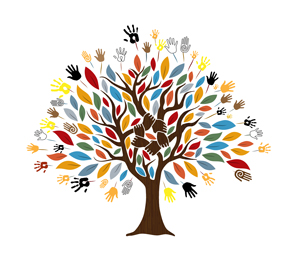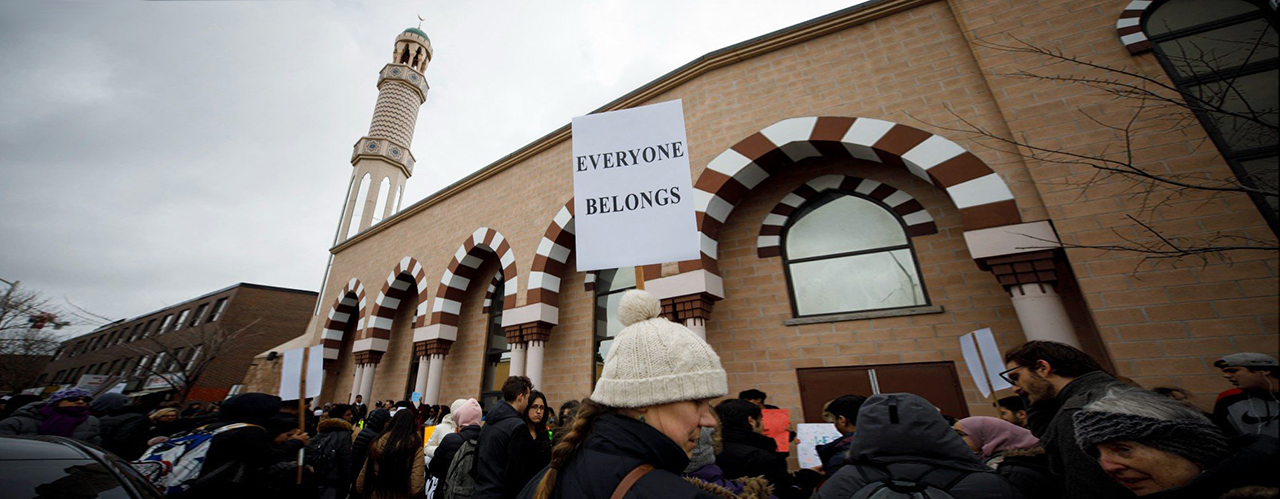
An Imam was allegedly assaulted during a morning prayer in Toronto. A person representing a community is targeted yet again, leading to a new cycle of fear and pain. Hate-based violence is hate-based violence, whether we classify it as terrorism or not. However, classification has a direct relationship with law enforcement and resource allocation.
Despite the anti-hate crime movement’s historical importance in drawing attention to bias-motivated violence, the hate crimes framework is very limited for dealing with hate-based violence.
For instance, the hate crimes framework frequently overlooks the systemic and political nature of the violence committed by White supremacists. Although hate crimes significantly impact larger populations, the primary legal remedies of hate crime charges and penalties exclusively target specific offenders.
Secondly, laws against hate crimes apply to all prejudice offences equally, regardless of whether the perpetrators are extremist members of the privileged community, the vulnerable victim community, or the organisation, ideology, or severity of the threat.
Thirdly, the government has never allocated as much money or focused on the issue of hate crimes as it has on other social problems, even when contrasted with different types of political violence that are typically classified as terrorism.
The United States is far ahead of Canada in recognizing racist violence as terrorism and expanding domestic terrorism laws. We need to follow suite before it is too late.

